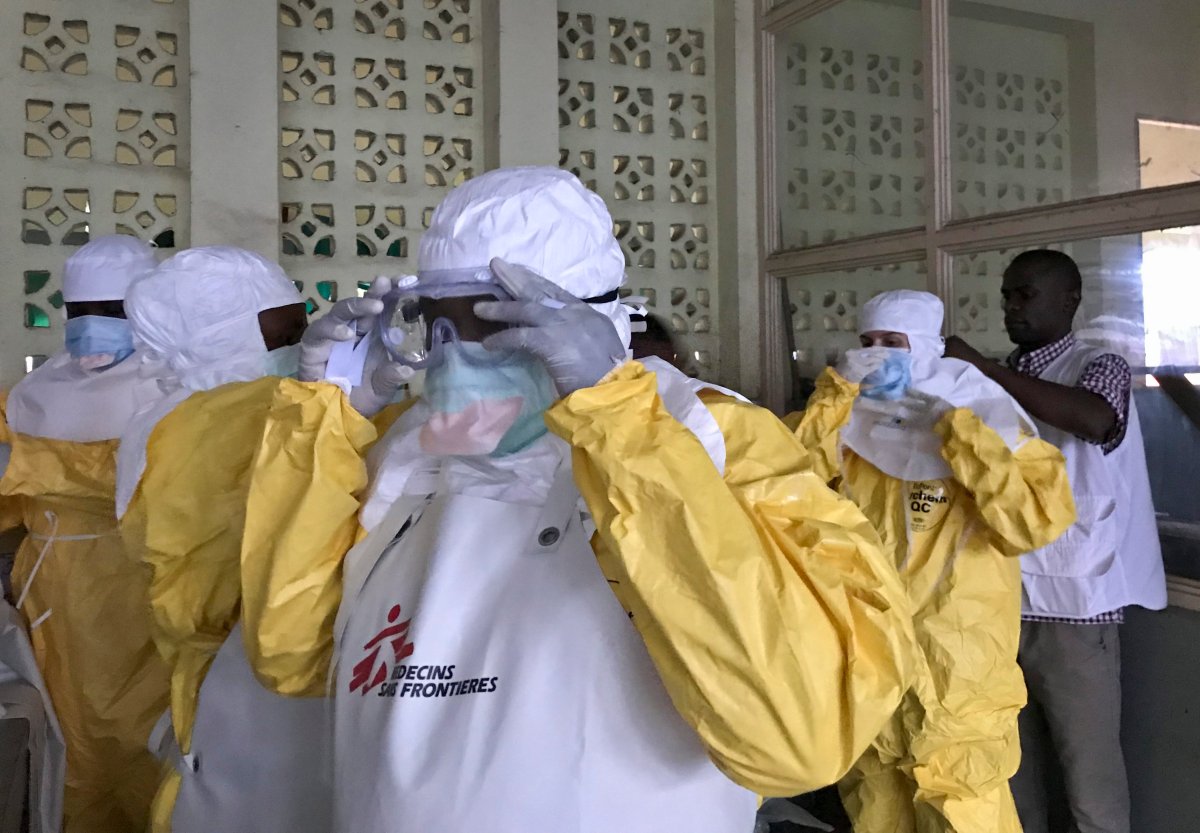"A World in Disorder"
 |
"Financial and political investments in preparedness have been insufficient, and we are all paying the price. It is not as if the world has lacked the opportunity to take these steps [in preparation for the advent of an infectious disease pandemic].""[This year's report, entitled "A World in Disorder" pointed out that world leaders had never previously] been so clearly forewarned of the dangers of a devastating pandemic [yet had failed to take action]."[The COVID-19 pandemic has exposed] a collective failure to take pandemic prevention, preparedness and response seriously and prioritize it accordingly.""Pathogens thrive in disruption and disorder. COVID-19 has proven the point."The Global Preparedness Monitoring Board Report
Heads of government must commit and invest
Countries and regional organizations must lead by example
All countries must build strong systems
Countries, donors and multilateral institutions must be prepared for the worst
Financing institutions must link preparedness with financial risk planning
Development assistance funders must create incentives and increase funding for preparedness
The United Nations must strengthen coordination mechanisms

In this photo taken Sunday, May 20, 2018, a team from Medecins Sans Frontieres (Doctors Without Borders) dons protective clothing and equipment as they prepare to treat Ebola patients in an isolation ward of Mbandaka hospital in Congo. Louise Annaud/Medecins Sans Frontieres via AP
"I would say that in our analysis of the data, looking at a variety of sources, the world is really quite poorly prepared.""[Building the world’s emergency response capacity is a huge job], Not easy, to be sure, but I think we need to start by shining a big light on this.""[World Bank investments in poorer countries could be tied to those countries using the money to improve their health care.] I think this whole issue is political. We need a lot of political will to make this happen.""Everyone, including wealthier countries, needs to prepare. We are one plane ride away from someone carrying a major infection that can be an outbreak.""People get all wrapped up when this happens, all want to act, and when it’s gone, they start forgetting it. ‘It’s not going to happen to me. It’s going to happen to somebody else.’ The fact that you need to put so much work and effort into preparedness — that’s the point we want to make."Dr. Victor Dzau, a board member and director of the National Academy of Medicine in the U.S
Country Overall Rankings
Ranked: Global Pandemic Preparedness by Country
Overall, the rankings uncover a distressing insight. Global preparedness for both epidemics and pandemics is weak, with the average score in the index sitting at 40.2 out of 100.
The countries with the highest scores have effective governance and politics systems in place, while those with the lowest scores fall down for their inadequate healthcare systems—even among high-income countries.
Here are the 10 highest-ranking countries in the index:
| Rank | Country | GHS Index Score |
|---|---|---|
| #1 |  United States United States | 83.5 |
| #2 |  United Kingdom United Kingdom | 77.9 |
| #3 |  Netherlands Netherlands | 75.6 |
| #4 |  Australia Australia | 75.5 |
| #5 |  Canada Canada | 75.3 |
| #6 |  Thailand Thailand | 73.2 |
| #7 |  Sweden Sweden | 72.1 |
| #8 |  Denmark Denmark | 70.4 |
| #9 |  South Korea South Korea | 70.2 |
| #10 |  Finland Finland | 68.7 |

Labels: COVID-19 Preparedness, Global Failure, Report, The Global Preparedness Monitoring Board, WHO, World Bank
0 Comments:
Post a Comment
<< Home